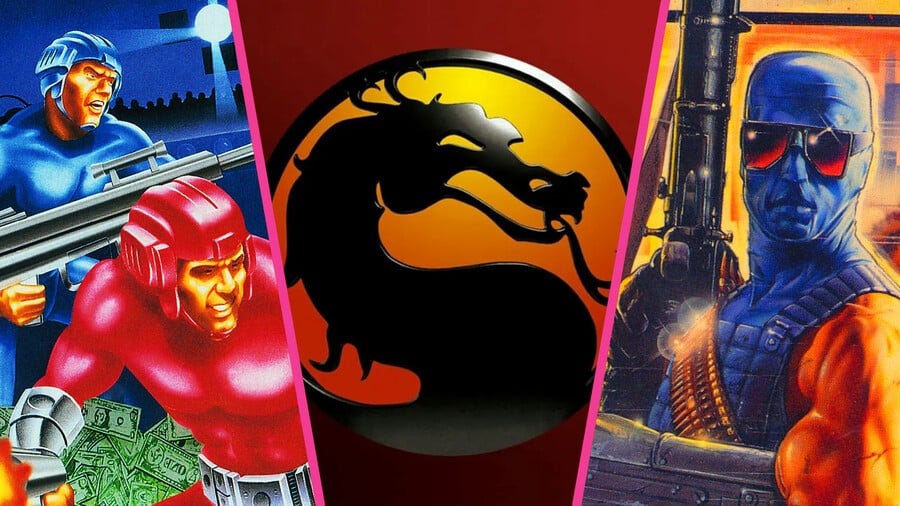
Update [Tue 8th Oct, 2024 11:00 BST]: Mortal Kombat is now playable on the Analogue Pocket, thanks to the efforts of Coin-Op Collection.
You'll need to be a Patreon supporter to get access to the core, which is still in beta.
Here's the announcement:
Today marks the 32nd release of Mortal Kombat, a title that needs no introduction. The original Mortal Kombat remains a cornerstone in the history of fighting games, celebrated for its digitized graphics featuring real-life actors, intense gameplay, and infamous violence. Its brutal combat set a new benchmark for the genre, but it was the debut of the now-iconic “Fatalities” that solidified its legacy, sparked controversy, and made Mortal Kombat a defining title in fighting game history.
This is the first release I’ll manage for the Y-Unit Analogue Pocket OpenFPGA platform. Pramod and I spent about 110 hours working on this release over the last 16 days. I am very happy with how things turned out for the first entry of Mortal Kombat.
I’d like to take this opportunity to reiterate that Mortal Kombat is not feasible for the MiSTerFPGA platform. In addition to utilizing on-board SDRAM (over-clocked), Pramod also leverages all other memory resources available on the Analogue Pocket to their fullest extent. If you’d like to know how this is possible and learn more about the Analogue Pocket architecture, check the following link.
Original Story [Wed 4th Sep, 2024 11:30 BST]: FPGA developers @_atrac17 and @pr4m0d have revealed the Analogue Pocket release dates for three classic Midway coin-ops.
The games are NARC (7th September, 2024), Smash TV (21st September, 2024) and Mortal Kombat (8th October, 2024).
These are tentative dates, but the fact they've been issued shows how close these cores are to release.
It's also worth noting that these will be beta cores, so don't expect them to be 100% accurate from day one.
These versions will apparently be exclusive to the Analogue Pocket:
Released in 1988, NARC is infamous for being one of the most violent games of its era. Created by the legendary Eugene Jarvis (of Defender fame), it features run-and-gun gameplay and digitised visuals.
Smash TV (1990) was Jarvis' next game and is a top-down shooter where players gun down enemies for cash and prizes. Ported to a wide range of systems at the time of release, it is considered to be one of the best twin-stick shooters of all time.
Mortal Kombat (1992) needs no introduction. Boasting digitised sprites and gory finishing moves, it became a viable rival to Capcom's Street Fighter, and the resultant home ports became a key focal point in the '90s console wars.
